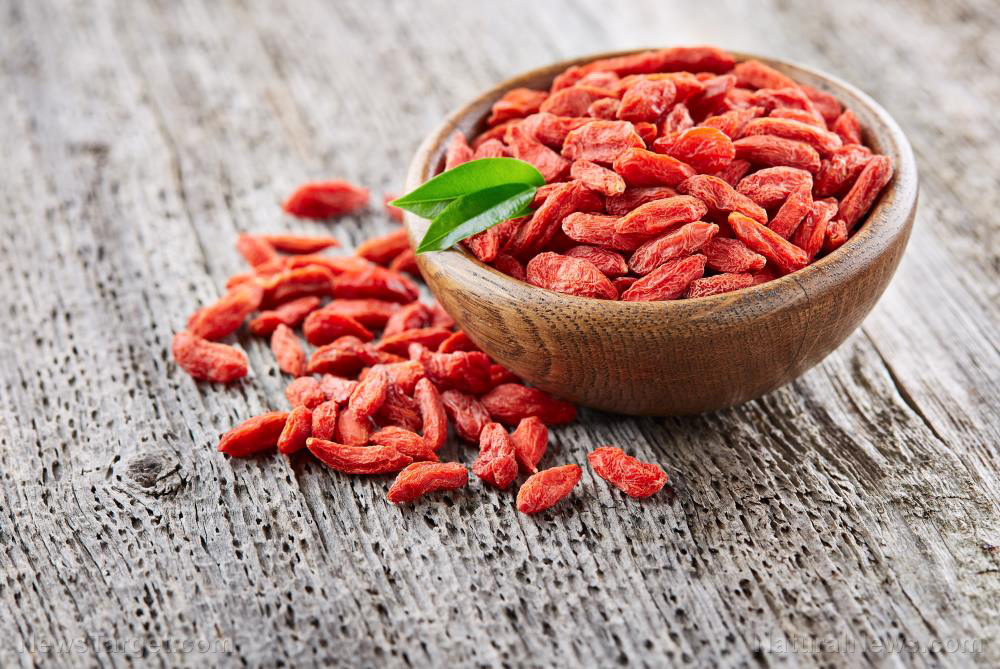Even “healthy people,” if they eat sugar, are at risk for heart disease, new study finds
10/23/2017 / By Michelle Simmons

New research reveals that even healthy people who consume a high-sugar diet are prone to heart disease. To reach this conclusion, researchers from the University of Surrey in the United Kingdom examined two groups of men, 11 of whom had a fatty liver or also known as non-alcoholic fatty liver disease (NAFLD), while the remaining 14 were healthy. For 12 weeks, the study subjects were randomly fed one of two diets, a high-sugar diet or a low-sugar diet.
In the high-sugar diet, sugar accounted for 26 percent of total calories a day, while sugar accounted for only six percent in the low-sugar diet, which is close to the recommended intake per day. The researchers recorded the blood lipid and cholesterol levels of the study subjects at the end of the randomized cross-over study.
The findings, published in Clinical Science, showed that men with NAFLD had changes in their fat metabolism, in which they had significantly higher fat levels in their blood after consuming either the high or low-sugar diet. Interestingly, however, the healthy men also exhibited high liver fat levels and a metabolism similar to the men the NAFLD after taking a high-sugar diet.
NAFLD is a condition wherein fat builds up in the liver. It is one of the most prevalent causes of liver disease in the United States. Around 30 to 40 percent of adults in the country have NAFLD, and is more common in people who are obese.
“Our findings provide new evidence that consuming high amounts of sugar can alter you fat metabolism in ways that could increase your risk of cardiovascular disease,” said Bruce Griffin, author of the study and professor.
Fat metabolism is the biochemical process that breaks down ingested fats into fatty acids and glycerol and used by the cells of the body. Changes in fat metabolism are linked to a higher chance of cardiovascular disease, heart attacks, and strokes. Earlier studies show that fatty livers are associated to cardiovascular diseases because the impaired liver organ will release substances that may be harmful to the arteries and may escalate blood clotting. (Related: How fruit can naturally reduce your risk of cardiovascular disease.)
“While most adults don’t consume the high levels of sugar we used in this study, some children and teenagers may reach these levels of sugar intake by over-consuming fizzy drinks and sweets,” Griffin said. “This raises concern for the future health of the younger population, especially in view of the alarmingly high prevalence of NAFLD in children and teenagers, and exponential rise of fatal liver disease in adults.”
Cardiovascular disease is mainly related to atherosclerosis, which is a condition that occurs when plaque accumulates in the walls of the arteries. As a result, arteries are narrowed which makes it more difficult for the blood to flow. Furthermore, a blood clot may form which then can make the blood flow stop, resulting in a heart attack or stroke.
According to the American Heart Association, cardiovascular disease is responsible for almost 801,000 or one in every three deaths in the U.S. In addition, approximately 92.1 million adults in the country are suffering with some kind of cardiovascular disease or repercussions of a stroke. This disease claims more lives each year than deaths by all types of cancer and chronic lower respiratory disease combined.
Sources include:
Tagged Under: balanced diet, cardiovascular disease, fat metabolism, healthy weight, Heart, heart health, high sugar diet, NAFLD, natural cures, slender, sugar




















